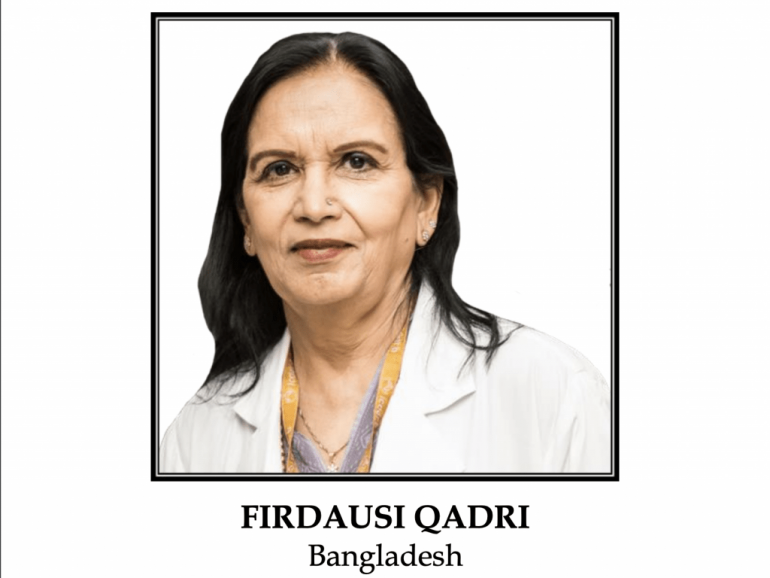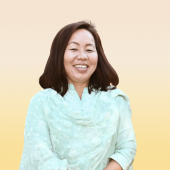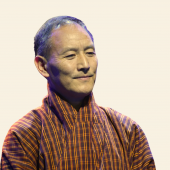Bangladeshi scientist honored for ‘passion to save lives,’ vaccine development

For her “passion and life-long devotion to the scientific profession,” Dr. Firdausi Qadri, 70, is honored with this year’s Ramon Magsaysay Award, dubbed as Asia’s counterpart of the Nobel Prize.
The Bangladeshi scientist is cited for her “vision of building the human and physical infrastructure that will benefit the coming generation of Bangladeshi scientists,” particularly women.
Also recognized is her “untiring contributions to vaccine development, advanced biotechnological therapeutics and critical research that has been saving millions of precious lives.”
Qadri was born to a middle-class family on March 31, 1951, that encouraged women to pursue an education and a career.
Early in her life, she decided to specialize in medical research, earning a degree in biochemistry, and later obtaining a doctorate from Liverpool University in the United Kingdom.
After her education abroad, Qadri came back to Bangladesh and taught in a local university.
In 1988, she joined the International Centre For Diarrhoeal Disease Research, an international health research institute based in Dhaka.
She focused her work on communicable diseases, immunology, vaccine development and clinical trials.
Her most challenging work came in the fight against cholera and typhoid, major diseases in Bangladesh and other Asian and African countries that have poor access to safe water, sanitation, education, and medical care.
Qadri played a key role in the development of a more affordable oral cholera vaccine and the typhoid conjugate vaccine for adults, children, and even infants as young as nine months.
Under the auspices of the World Health Organization and the United Nations International Children’s Emergency Fund, she led a team of experts in the 2017- 2020 mass vaccination of Rohingya refugees for cholera in Cox’s Bazar, thus preventing a mass outbreak in the world’s largest refugee camp.
In 2020, she helped facilitate the cholera vaccination of 1.2 million people in six high-risk districts of Dhaka.
With the coronavirus pandemic, Qadri started vaccine trials and joined COVID-19 testing and research in her country.
Amid all the challenges, Qadri continues to dream of building in Bangladesh a human and technical infrastructure for research in health science.
In 2012, Qadri was awarded the Christophe Rodolfe Grand Prize from the Fondation Christophe et Rodolfe Mérieux.
Two years later, she used her prize money to establish the Institute for Developing Science and Health Initiatives, which conducts biomedical research and runs training courses and a testing center.
The institution has become a hub of scientific activity by local and visiting scientists in Bangladesh.
Qadri aims to upgrade laboratories for Bangladeshi scientists so that they will not have to go abroad.
Building local capability is demonstrated in her work on typhoid and cholera vaccines, her current work on E. coli diarrhea vaccine, and interest in COVID-19 vaccine development.
Dedicated to science, she believes that finding answers to the health problems in her country will benefit other countries as well.
Her wish is for her institute “to be bigger in the coming years and self-supporting in the future, less dependent on international funding.”
“It should carry out research at the highest level and have a good number of scientists who will carry out this work. I am looking at that in the future,” she said. - Jose Torres Jr. / LiCAS.news
Radio Veritas Asia (RVA), a media platform of the Catholic Church, aims to share Christ. RVA started in 1969 as a continental Catholic radio station to serve Asian countries in their respective local language, thus earning the tag “the Voice of Asian Christianity.” Responding to the emerging context, RVA embraced media platforms to connect with the global Asian audience via its 21 language websites and various social media platforms.














